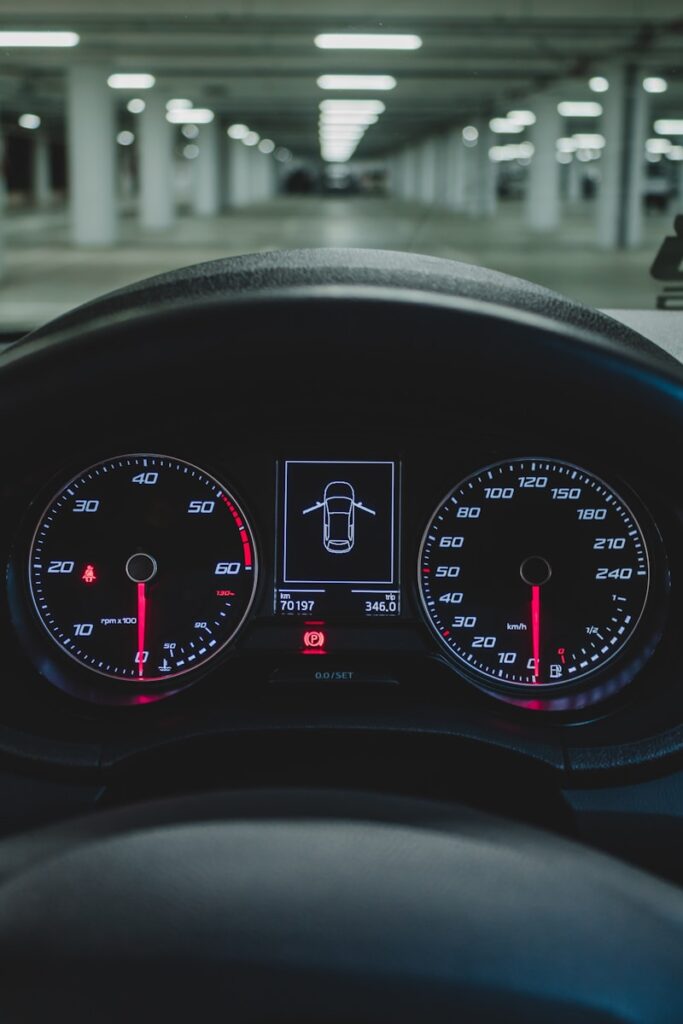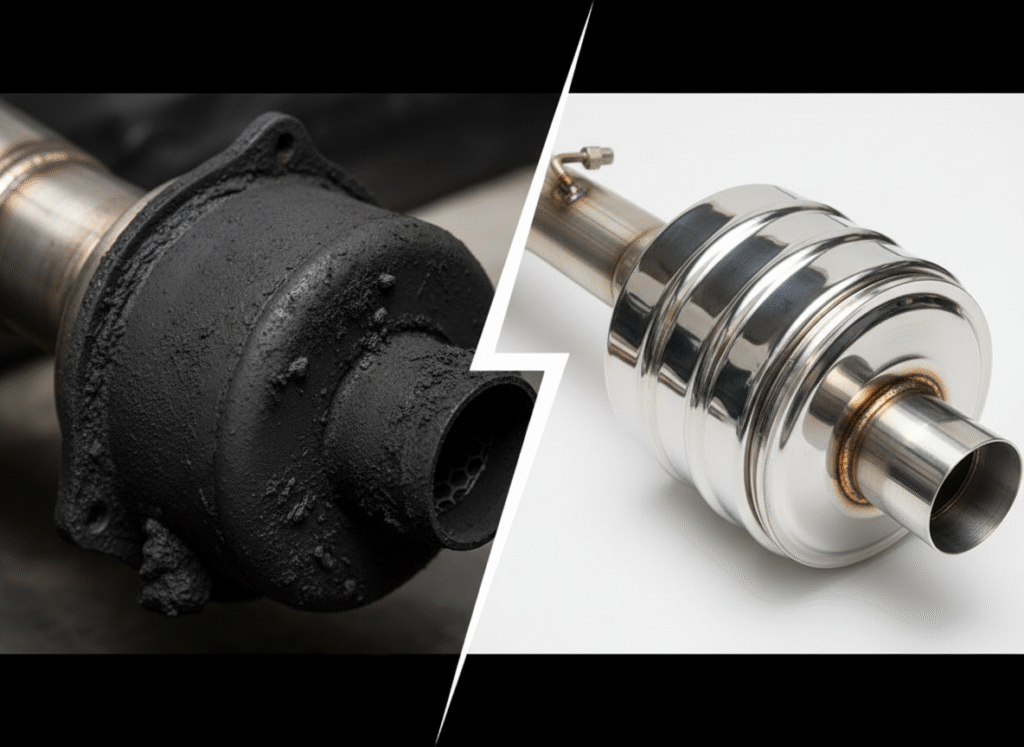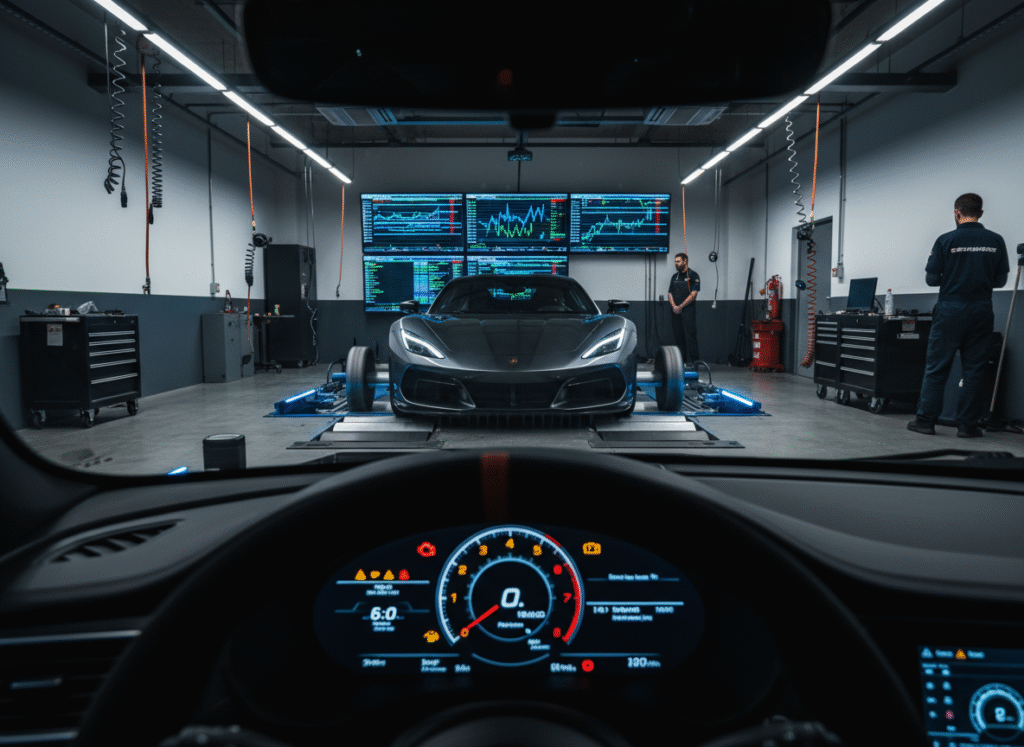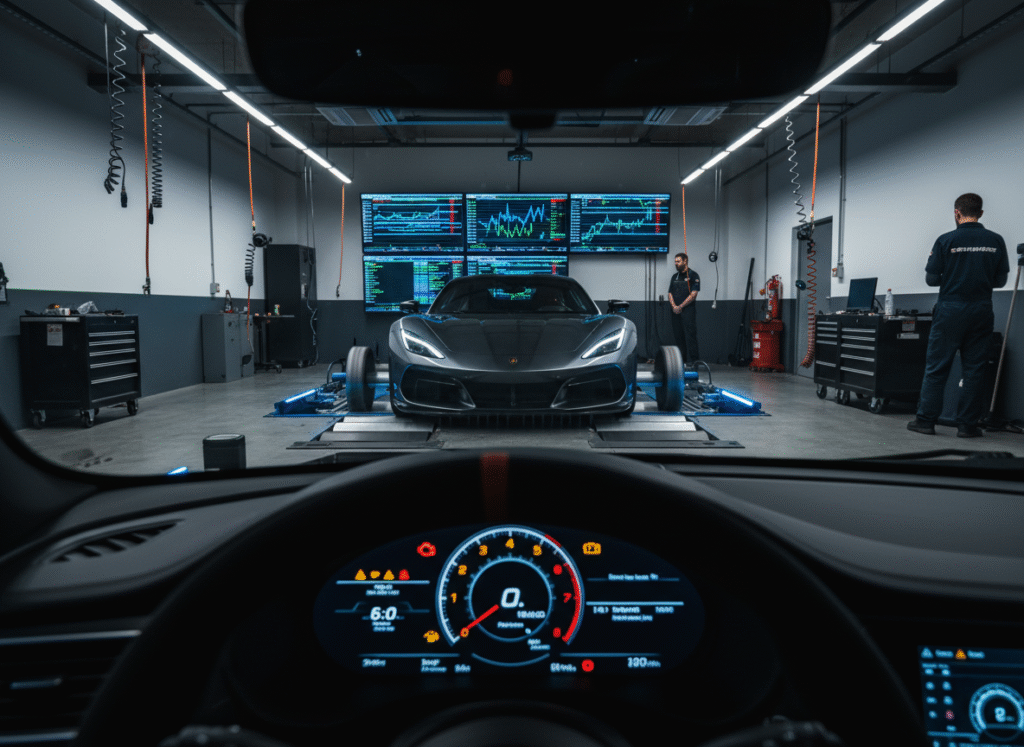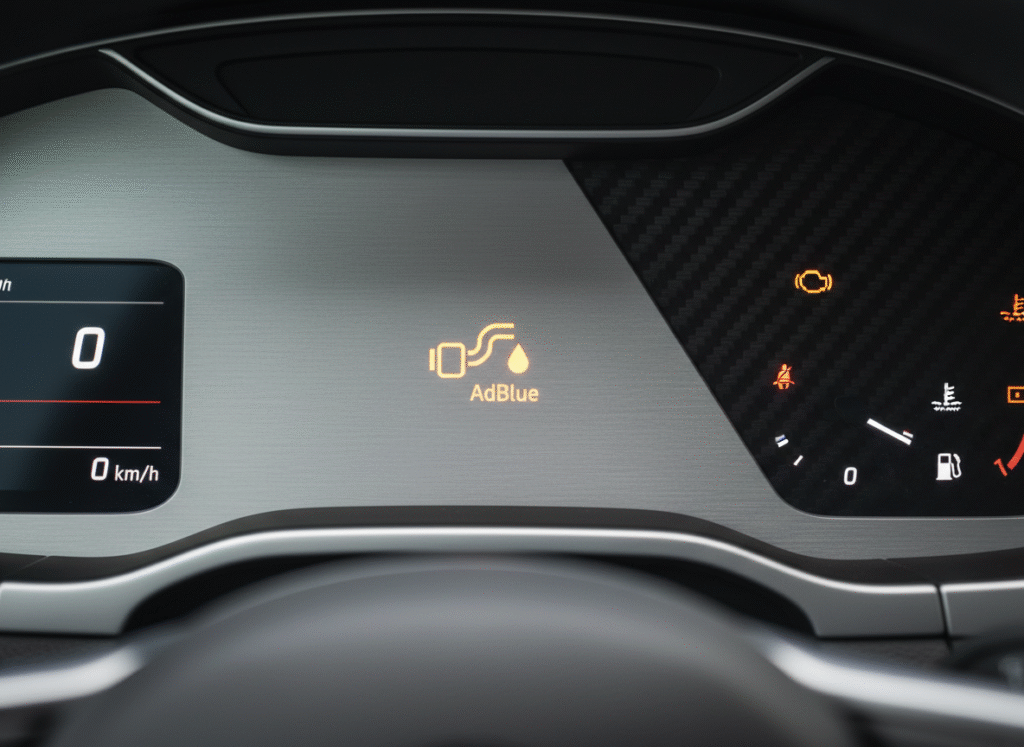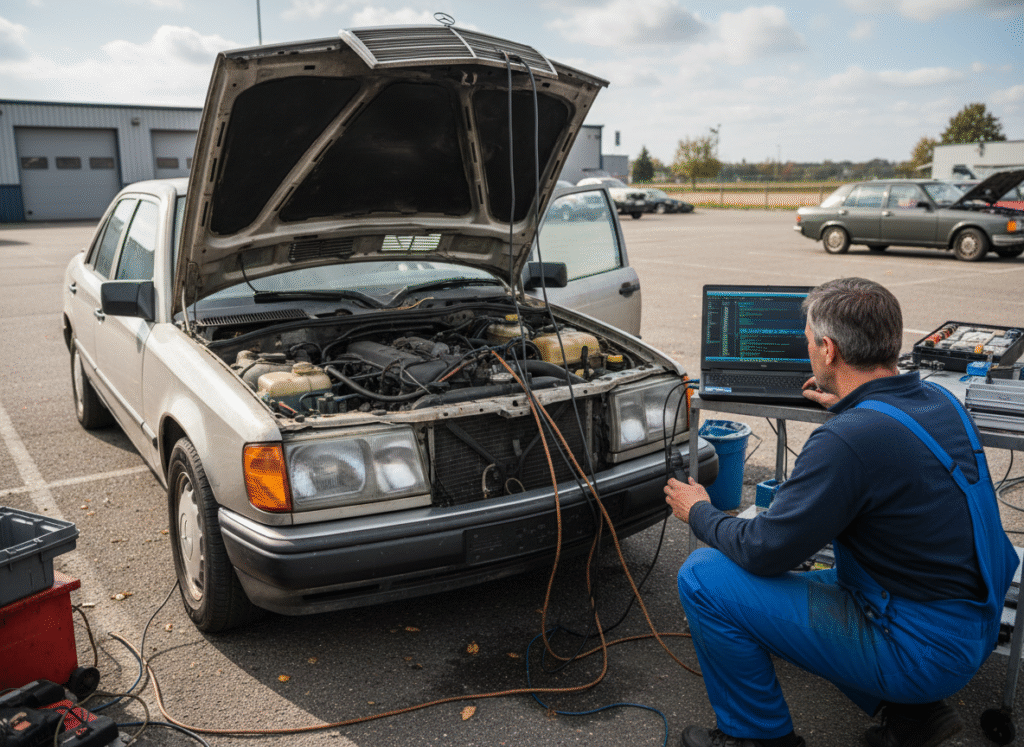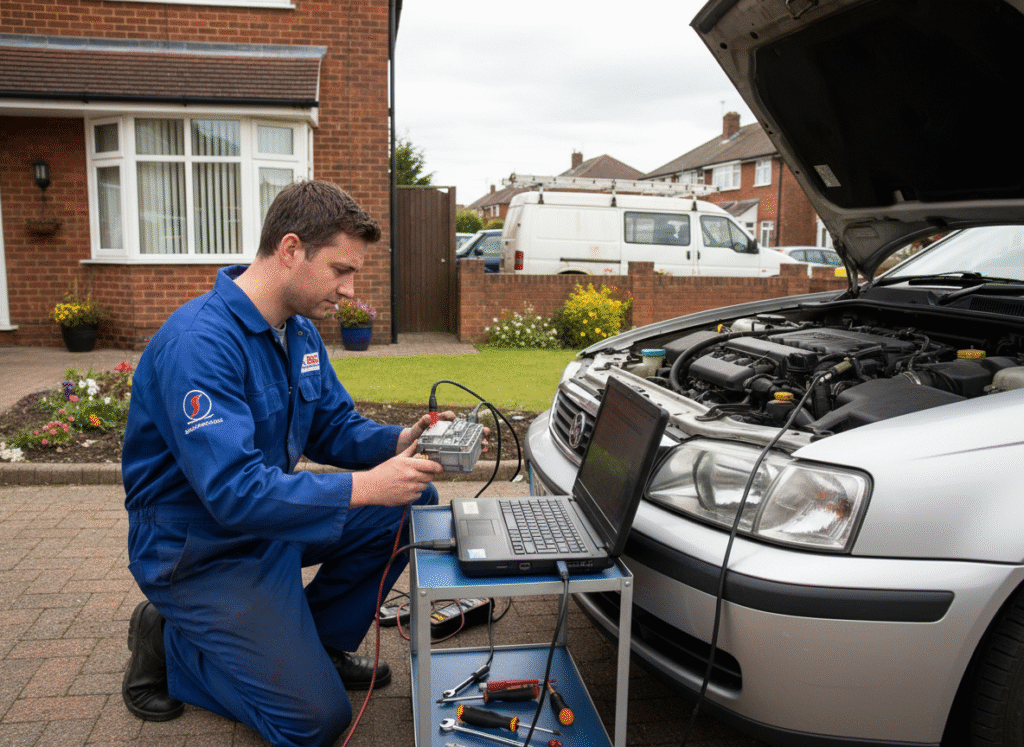Introduction: Why Tuning for Fuel Efficiency Matters
Car Yourself for Improved Gas Mileage. Mention how high fuel costs and environmental concerns have made efficient fuel consumption a priority for many car owners.
Understanding the Basics of Car Tuning for Gas Mileage

Explain what car tuning is and how it impacts gas mileage. Cover foundational elements like adjusting air-fuel ratios, optimizing ignition timing, and reducing engine load. Mention that basic car maintenance is often a part of tuning for better mileage.
Essential Pre-Tuning Maintenance
Highlight maintenance tasks that should be completed before tuning:
- Check and Replace Air Filters: Clogged air filters affect fuel efficiency.
- Examine Spark Plugs and Ignition Coils: Worn spark plugs reduce combustion efficiency.
- Inspect Fuel Injectors: Clean injectors allow for more precise fuel delivery.
- Maintain Tire Pressure: Properly inflated tires reduce drag.
Step-by-Step Guide to DIY Tuning for Fuel Efficiency
- Adjust the Throttle Position Sensor (TPS)
- Explain how adjusting the TPS helps the car’s computer manage fuel efficiently and how to make small, safe adjustments.
- Optimize the Air-Fuel Ratio
- Discuss how to use a simple OBD-II scanner to get air-fuel ratio data. Explain that a balanced ratio can improve fuel economy without sacrificing power.
- Tuning the Ignition Timing
- Describe how adjusting ignition timing can improve fuel efficiency. Note that this step may require a timing light and should be done with caution.
- ECU Remapping for Fuel Efficiency
- Explain how ECU remapping works and why adjusting ECU settings is one of the most effective ways to tune for gas mileage. Caution that this requires specialized software and may benefit from professional input.
Using Technology: OBD-II Scanners and Fuel Economy Apps

Introduce OBD-II scanners and smartphone apps that can help drivers monitor fuel consumption and engine performance in real time. Mention specific metrics to track, such as average fuel consumption and RPMs.
Common Tuning Mistakes and How to Avoid Them
Discuss common errors that can arise in DIY tuning:
- Over-adjusting fuel ratios leading to performance issues
- Ignoring air intake requirements, resulting in reduced engine efficiency
- Making too many modifications at once, complicates the diagnosis of fuel issues
The Role of Aerodynamics and Weight Reduction
Explain how reducing car weight and improving aerodynamics can contribute to better mileage. Cover simple adjustments, such as removing unnecessary items from the trunk, using low-resistance tires, and adjusting the vehicle’s shape to reduce drag.
When to Seek Professional Help
Outline scenarios where professional tuning expertise is beneficial, such as ECU remapping or advanced modifications. Mention how Leicester Remaps can assist with professional tuning services for those seeking more specialized adjustments.
Tips for Maintaining Tuning and Consistent Gas Mileage
Provide tips on maintaining fuel efficiency after tuning:
- Regularly monitor tire pressure and air filters
- Keep up with oil changes and fluid checks
- Continue using OBD-II tools for ongoing adjustments
Conclusion: The Benefits of Tuning Your Car for Fuel Efficiency
Summarize how DIY tuning can help save money on fuel and benefit the environment. Encourage readers to enjoy the process of optimizing their vehicle while reminding them of the support available from Leicester Remaps for professional tuning needs.

